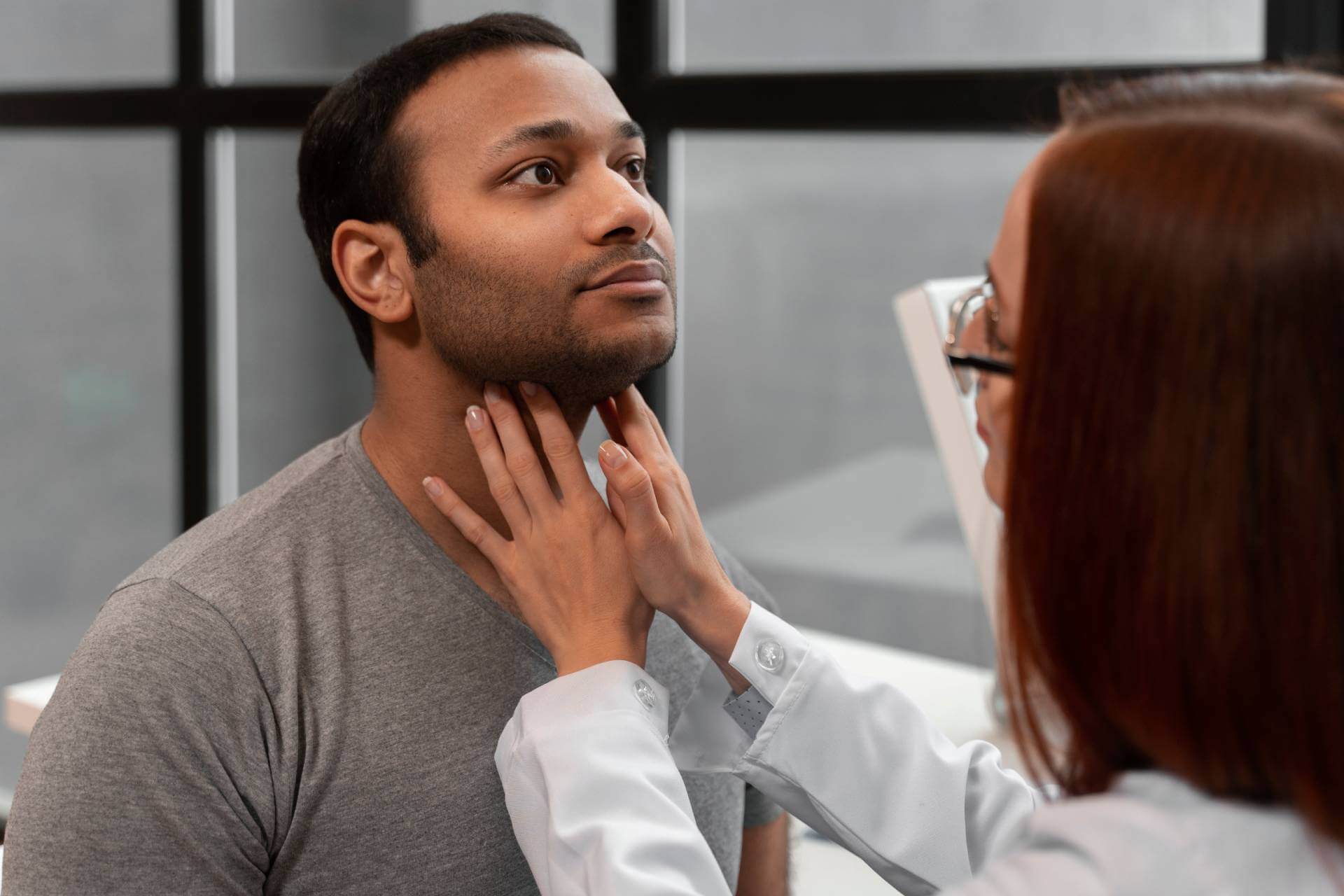Esophageal Manometry (Motility Study) in Utah
What is an esophageal motility study?
The gastrointestinal specialists at Utah Gastroenterology conduct esophageal motility studies (also known as esophageal manometry) to assess patients suffering from GI issues involving the esophagus and to test the muscles used to move food to the stomach. To administer the exam, a slim and pliable tube will be placed into your nose and down to your esophagus. An esophageal motility assessment can be recommended to help identify the causative factor(s) of:
- Severe gastroesophageal reflux
- Esophageal spasms
- Swallowing difficulties
- Regurgitation
- Chest pain
An esophageal motility study might also be performed to examine the esophagus before carrying out surgery on the organ.
To visit a gastroenterology specialist who can administer an esophageal manometry or motility assessment in Utah, please reach out to our gastroenterology team.

What should I expect the day before my esophageal motility study?
Your physician at Utah Gastroenterology will provide you with instructions detailing the steps you should follow to prepare for your esophageal motility study.
Generally, patients will be permitted to eat as normal the day before the assessment. Individuals will be instructed not to eat any food or drink items by mouth after midnight aside from medications. It is critical to adhere to the instructions and information provided to you by your physician. Specific instructions regarding your medications will also be discussed. In most cases, your medications will continue as normal. For some patients, however, especially in individuals on blood thinners, (i.e., Coumadin®, warfarin, Plavix®, aspirin, anti-inflammatories) and in diabetics, special instructions will be reviewed.
What happens on the day of my esophageal motility test?
You will need to arrive at our local office/endoscopy center at least half an hour ahead of time on the day of your study. This is to provide you time to complete paperwork and undergo preparations for the esophageal motility assessment.
After entering the treatment area, you will be asked to lie on an exam table. Either your right or left nostril will be anesthetized with lidocaine. Our team will then guide a thin tube into the nostril. As the device is inserted into the esophagus, you will be prompted to swallow to enlarge the opening to the esophagus. Our staff will first position the catheter to assess the contractile ability of the lower esophageal sphincter (LES). Our staff will then measure the contractile ability of the muscles of the body of the esophagus. During this part of the study, you will be asked to drink 10 – 20 small sips of water. After this, the procedure will be complete and the catheter will be taken out. In most instances, the procedure will take about 30 – 60 minutes.
Because no sedation is administered for the assessment, you will be able to exit the endoscopy unit once the process is complete. In most situations, patients are able to drink and eat as usual after being discharged from the endoscopy unit, but instructions pertaining to activity, medications, and eating will be provided by our team before discharge.
When will I receive the results of my esophageal motility test?
The results of your esophageal motility test will be ready on another day, as it takes some time for the computer to assemble the findings into a report. Your study results will be read by the provider at a future time. You will most likely get a call from your physician at our Utah practice within one week with information about your esophageal motility study conclusions.
Are there any risks of an esophageal motility test?
Esophageal manometry is very safe, carrying a low risk of complications. Treatment difficulties are seen in less than 1% of patients. In most instances, any complications do not tend to be life-threatening. However, should a complication develop, it may require surgery and hospitalization. Before we start the procedure, a member of the healthcare staff at Utah Gastroenterology will share a consent form with you that details the potential risks. You should use this opportunity to bring up any final questions or concerns before the procedure starts.
Puncturing or piercing of the esophagus is a highly uncommon effect but can occur. This may be identified during the exam, or it may not be obvious until later in the day. In most situations, a puncture will result in surgery and hospitalization.
It is crucial that you contact your doctor’s office right away if symptoms occur after the exam, such as fever, increasing abdominal pain, or bleeding.
Like any other procedure, an esophageal motility study is not perfect. There exists a small, accepted risk that problems may not be identified throughout the assessment. It is essential to continually follow up with your medical practitioners per their recommendations and inform them of any new or ongoing concerns.
Are there alternatives to an esophageal motility study?
Any alternative options you have will depend, to some extent, on the purpose of ordering the esophageal manometry test in the first place. In most cases, the esophageal motility exam is the preferred option to measure the contractile function of the esophagus. There is, however, an x-ray procedure (called an esophagram) that can be performed to assess the esophagus, either on its own or in conjunction with an upper GI/barium swallow procedure.
